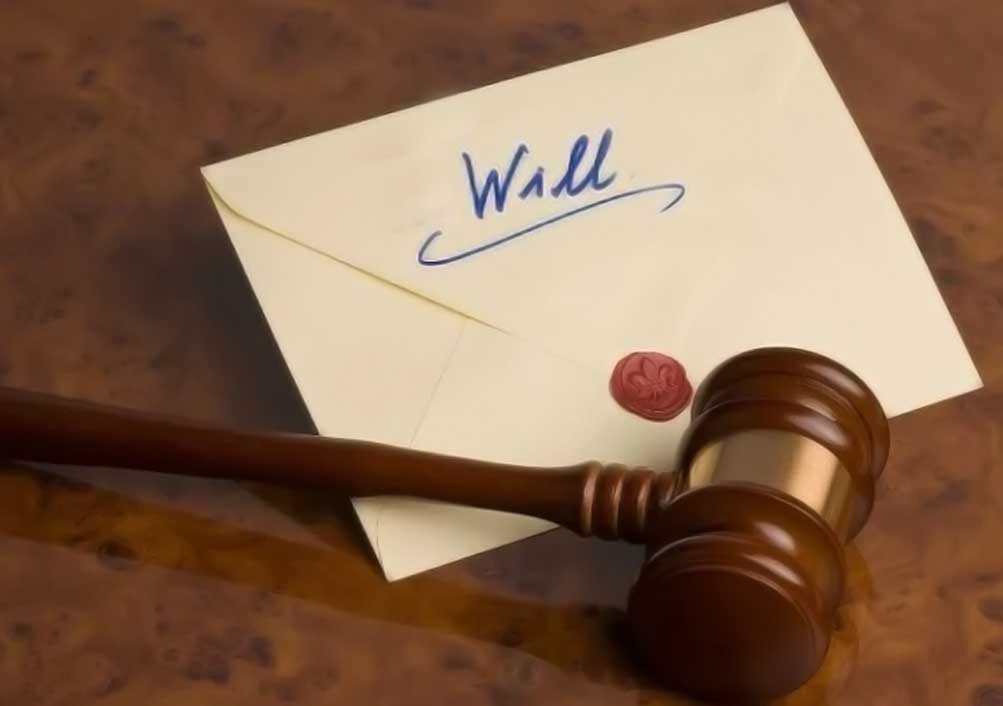Article 14 does not apply to dispositions under Will; No place for Court to see if distribution was fair and equitable while considering genuineness of its execution : SC

Read Judgment: Swarnlatha & Others vs. Kalavathi and Others
Pankaj Bajpai
New Delhi, March 31, 2022: While considering an appeal filed by the legatees under a Will, challenging the judgment whereby the High Court had set aside the probate granted by the District Court in respect of two last Wills and Testaments, one by the father and another by the mother, the Supreme Court has opined that the occasion for the legal heirs (appellants) to seek probate of the Will arose only when the respondents filed the suit for partition.
A Division Bench of Justice V. Ramasubramanian and Justice Hemant Gupta observed that exclusion of one of the natural heirs from the bequest, and the delay on their part in seeking probate of the Wills, cannot by itself be a ground to hold that there are suspicious circumstances.
The claim of the appellants before the Probate Court was that the parents executed their last Will and Testament, in a sound and disposing state of mind and that those Wills were executed in the manner prescribed by law.
The Apex Court observed that once it is found that the father Mannar Reddiar not only attested the mother’s Will and once it is found that in his own Will which is a registered Will, the father had made a mention about the mother’s Will, all the suspicious circumstances sought to be projected would automatically fall to the ground.
When it was not even the case of the respondents that the testators were not in a sound and disposing state of mind, the High Court found fault with the appellants for not disclosing the nature of the ailments suffered by them, added the Court.
Speaking for the Bench, Justice Ramasubramanian observed that the reasons are more than convincing to show that the exclusion of the daughter has happened in a very natural way, and if the Will had been fabricated on blank papers containing the signatures of the mother, there would have been no occasion for the father to make a mention in his own Will about the execution of the Will by the mother.
The High Court made a mountain out of a molehill, by reading too much into the lack of knowledge on the part of first appellant about the time of registration of Will and the minor contradictions between her statement as first prosecution witness and the statements of fourth & fifth respondents, added the Bench.
The Apex Court therefore concluded that suspicious circumstances surrounding the execution of a Will is created, if either the signature of the testator is disputed or the mental capacity of the testator is questioned.
In the matter of appreciating the genuineness of execution of a Will, there is no place for the Court to see whether the distribution made by the testator was fair and equitable to all of his children, and the Court does not apply Article 14 to dispositions under a Will, added the Top Court.
Sign up for our weekly newsletter to stay up to date on our product, events featured blog, special offer and all of the exciting things that take place here at Legitquest.




Add a Comment